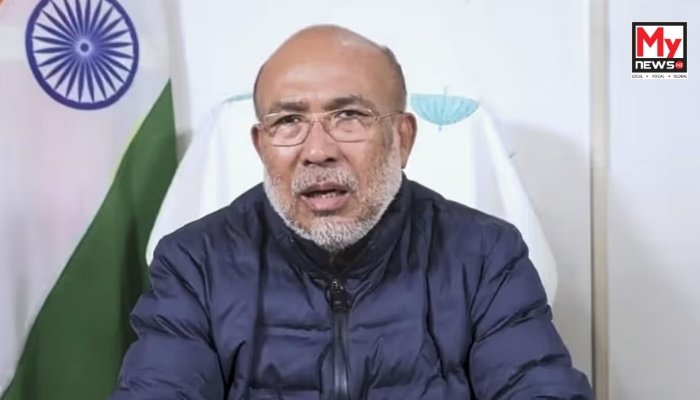Waqf Bill Passage Hailed as “Landmark Step” by Former Manipur CM Amidst Contentious Parliamentary Debate
Imphal: Former Manipur Chief Minister N Biren Singh has publicly commended the recent parliamentary approval of the Waqf (Amendment) Bill, 2025 and the Mussalman Wakf (Repeal) Bill, characterising the legislative move as a significant advancement for Indian society.
In his assessment, the bills hold the promise of not only empowering previously marginalised communities but also of fostering greater transparency within the administration of Waqf properties.
Singh articulated his perspective via a social media post on April 4, stating, “These bills will empower those who have long been excluded from opportunities, providing them with the means to actively participate in the growth of our society.”
He further attributed the legislative success to the “visionary leadership and unwavering dedication to building a more just and inclusive India” of Prime Minister Narendra Modi.
The Lok Sabha’s decision to pass the Waqf (Amendment) Bill came after a prolonged 12-hour debate, culminating in a vote where 288 members supported the bill, while 232 opposed it. All amendments proposed by the opposition were rejected by voice vote.
The debate was marked by starkly contrasting viewpoints, with the ruling National Democratic Alliance (NDA) asserting the bill’s benefits for minority communities and the opposition decrying it as “anti-Muslim.”
Union Minorities Affairs Minister Kiren Rijiju addressed the opposition’s concerns, refuting claims of threats to minorities in India. “There is no place safer than India for minorities. I am also a minority and we all are living here without any fear and with pride,” Rijiju declared following the parliamentary session.
He further emphasized the safety enjoyed by minorities in India is a result of “the majority being entirely secular,” citing communities like Parsis as evidence of peaceful coexistence for even small minority groups.
Read More: Manipur University Ignites Cultural Revival with Inaugural Indigenous Games Meet

